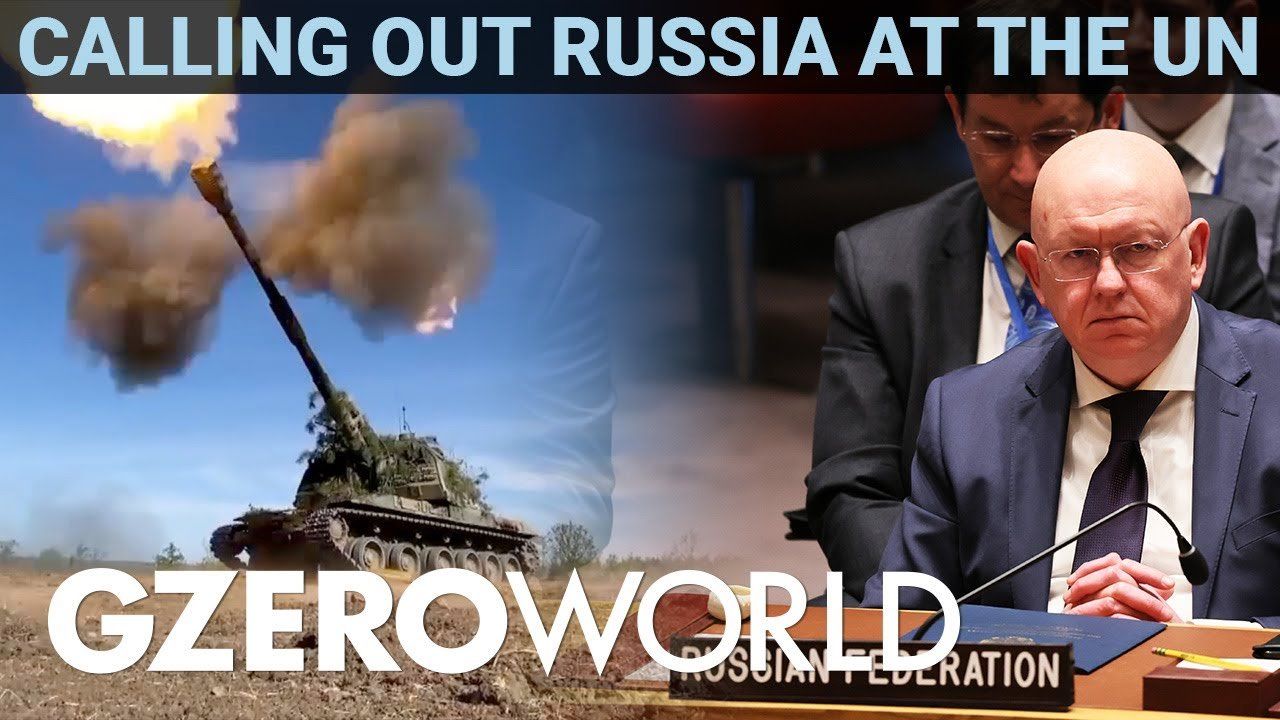GZERO World Clips
Russia undermines everything the UN stands for, says Linda Thomas-Greenfield

Linda Thomas-Greenfield: Russia undermines everything the UN stands for | GZERO World

Should Russia be a permanent member of the United Nations Security Council?
That’s the question Ian Bremmer asked US Ambassador to the UN Linda Thomas-Greenfield on GZERO World ahead of the United States taking over the Security Council presidency for the month of August.
The UN Security Council is tasked with maintaining peace and stability around the globe. But how realistic is that mandate when one of its permanent members started a war in the middle of Europe with an unprovoked attack on its neighbor?
“Russia is not living up to what is required of a permanent member,” Ambassador Thomas-Greenfield said in an interview from the floor of the council chamber, “What they are doing undermines everything the UN stands for.”
Despite the contentious relationship, Thomas-Greenfield is the most senior official in the United States with regular, direct contact with a high-level diplomat from the Russian Federation. Thomas-Greenfield uses the relationship to continue to raise the issue of Evan Gershkovich and Paul Whelan, American citizens unlawfully detained in Russia. She also continues to call out Russia for pulling out of the Black Sea grain deal and jeopardizing the world’s food supply.
“The Russian action is evidence to the world that Russia does not care about humankind,” Thomas-Greenfield says, “Their withdrawing from the grain deal, and then attacking agricultural infrastructure in Ukraine sends a chilling message to the world.”
In this Quick Take, Ian Bremmer reacts to President Trump’s State of the Union address, calling it “a rehashing of the greatest hits” with little new policy direction.
Small business hiring surged 7% above the 2024 average in December, led by a surprise rally in retail. But with uncertainty still historically high and mounting concerns over tariffs, can this momentum survive 2026? Explore the data behind the resilience of the US small business sector. Get the latest economic insights from Bank of America Institute.